Land Rights Law creates opportunities to grant title to those who live on customary lands
Liberia is the only country in sub-Saharan Africa that has never been a European colony. Conflict over land and resources in Liberia is rooted in the emigration of former slaves from North America, known as ‘settlers’, who formed an independent country in 1847. Their descendants failed to recognise the customary rights of Indigenous Peoples in law and allocated immense contracts for natural resource exploitation on their ancestral land. Today, Liberia ranks 177 out of 188 countries on the United Nations’ Human Development Report index. In addition to poverty, Liberians are still recovering from 14-year civil war (1989-2003) that was fuelled by conflict over land. A crucial element of the Accra Peace Agreement was ensuring a more just and equitable process of land reform.
In 2016, a multi-stakeholder Tenure Facility initiative developed and tested a national protocol for community self-identification, anticipating passage of Liberia’s Land Rights Law in 2018. Today, a coalition of civil society organizations, working with the Liberia Land Authority, is scaling up collective, community land rights nationally under the Land Rights Act, to enhance peace and security, equitable development, and women’s rights—and protect Liberia’s threatened forests.
Who are the Indigenous Peoples of Liberia?
95% of Liberians are indigenous. They include three main language groups: Mande, Kru and Mel. An estimated 2.5 to 5% of Liberians are Americo-Liberians, descendants of free black immigrants from North America. In addition, there are other west Africans, including Ghanians, Guineans, and Lebanese traders.
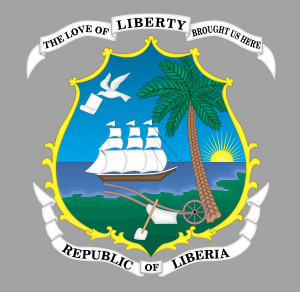
1847
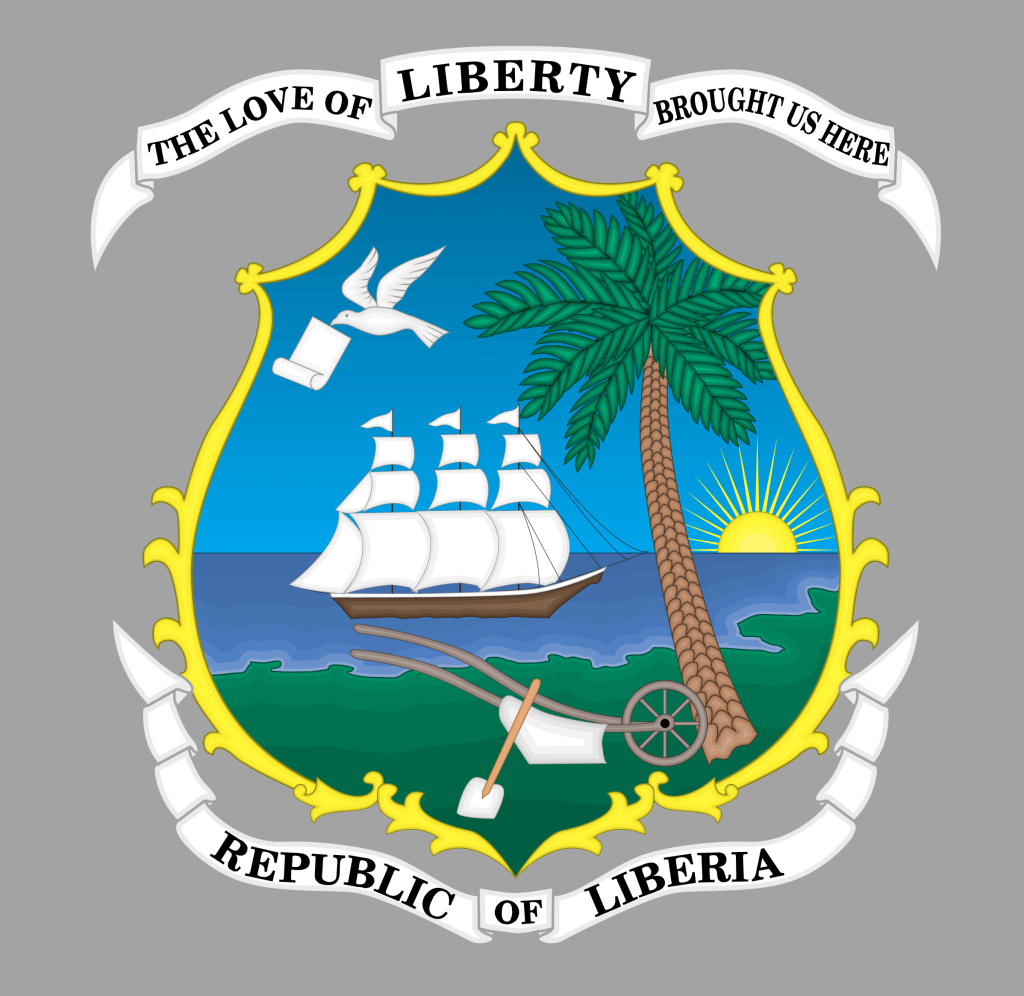
1847
The colonies unite to establish the independent Republic of Liberia.
Americo-Liberian colonists draft and approve a constitution modelled on that of the United States. The 3,000 settlers exercise overwhelming political control over Liberia’s Indigenous Peoples, who are banned from voting if they do not own land. Liberia maintains a dual land tenure system with unclear terms of ownership for both private and customary lands. Indigenous tribes rise up in violent rebellions to protect their territories.
1920
1920
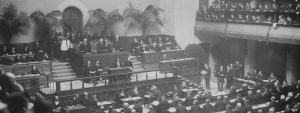
1927
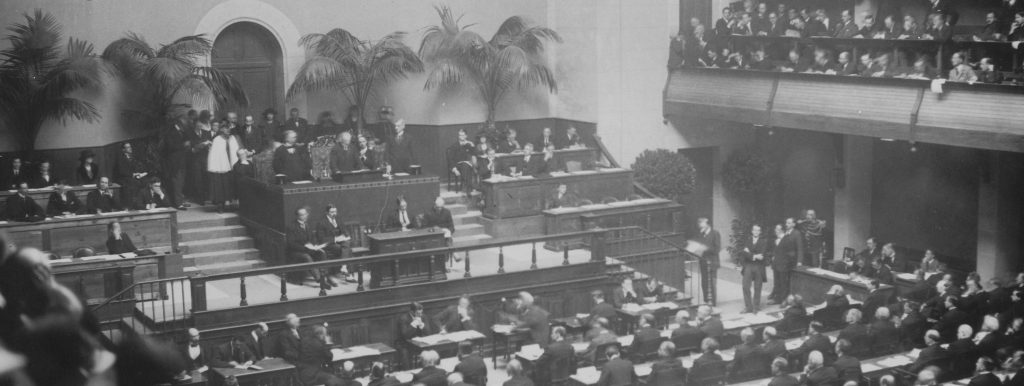
1927
The League of Nations investigates accusations that the Liberian Government forcibly recruited and sold Indigenous People as contract labour or slaves.
1942
1942
Liberia signs defence pact with the United States, assuring the US and allies in World War II access to rubber.
1956
1956
Liberia adopts the Aborigines Law, weakening the tenure rights of the majority of Liberian citizens who claim customary rights.
The Aborigines Law gives ownership of tribal land back to the State by declaring customary land rights to be only usufruct rights. Those without a written deed are no longer the legal owners of their land. The Government treats all un-deeded land as public land, managed and administered by the State. Conflicts over land increase, driven by land grabs for logging, agriculture and mining. Insecurity over land breeds tension between the Government and rural communities.
1972
1972
Government passes the Public Lands Law establishing procedures for selling or leasing public land to foreigners, enabling the transfer of state land to private land.
Government revisions to the Liberian Code of Law create confusion as to whether the 1949 Hinterlands Act or 1956 Aborigines Law is in effect.
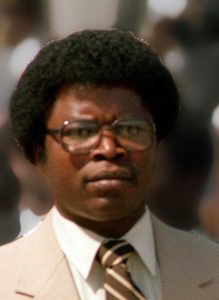
1980
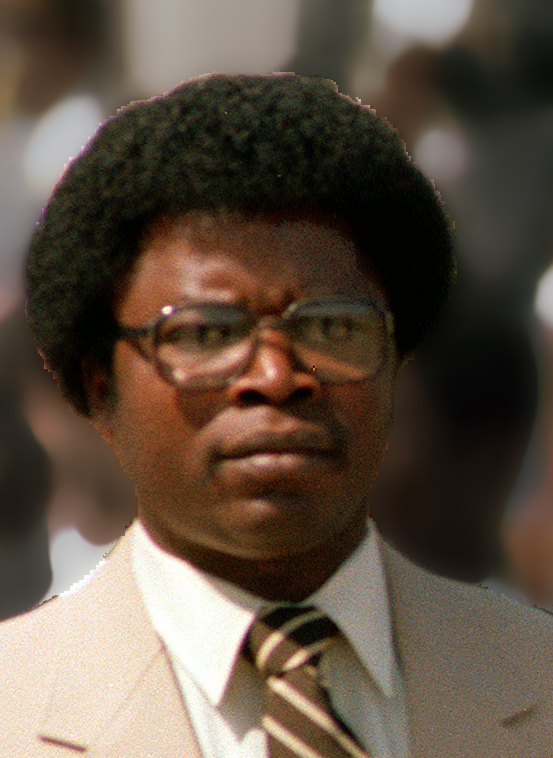
1980
Sergeant Samuel Kanyon Doe of the “Krahn” ethnic group leads a military coup ending 133 years of Americo-Liberia rule.
President Tolbert and 26 supporters are murdered, and 13 cabinet ministers are executed. Doe’s military regime bans political opposition, closes newspapers, jails reporters, and cracks down on certain tribes.
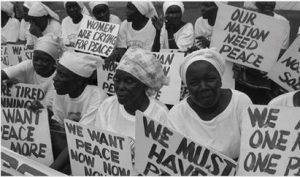
2002
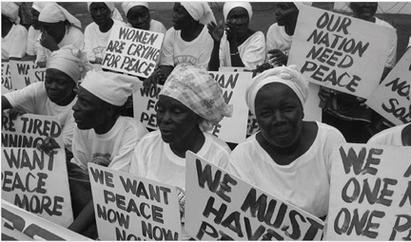
2002
“In the past we were silent, but after being killed, raped, dehumanized, and infected with diseases, and watching our children and families destroyed, war has taught us that the future lies in saying NO to violence and YES to peace! We will not relent until peace prevails.”
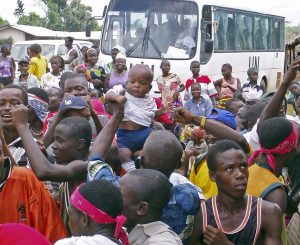
2003
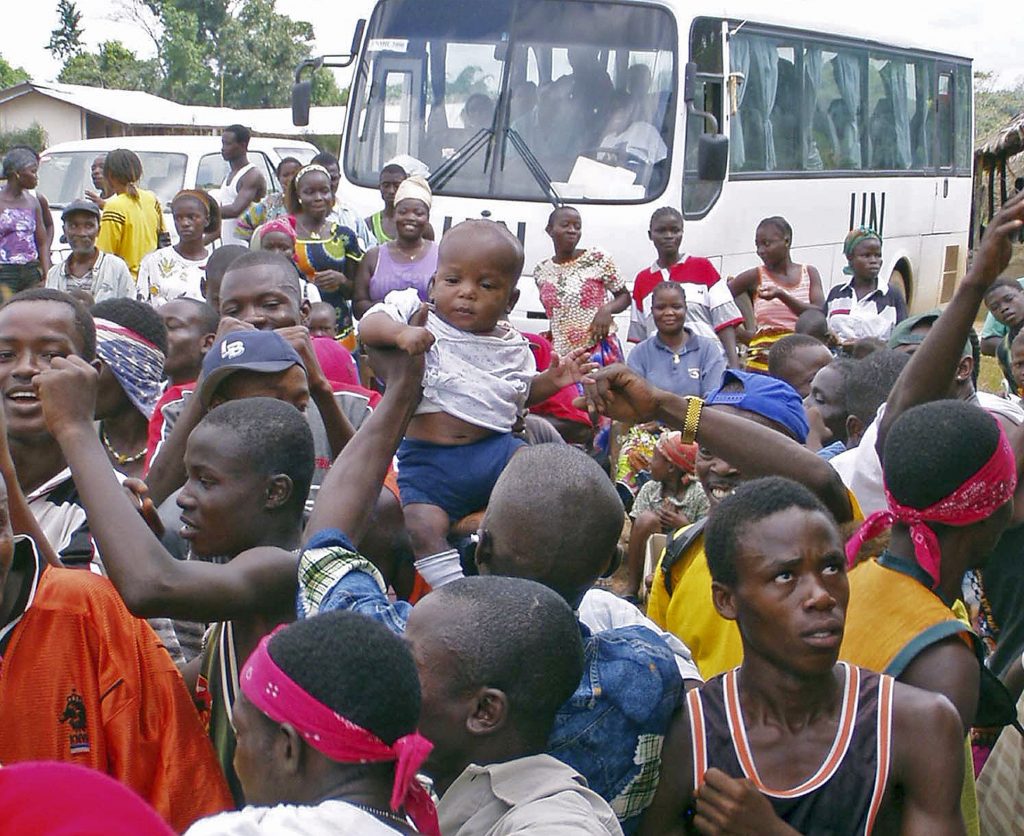
2003
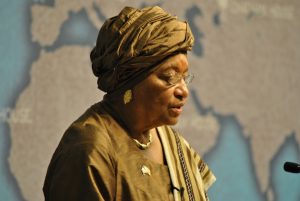
2005
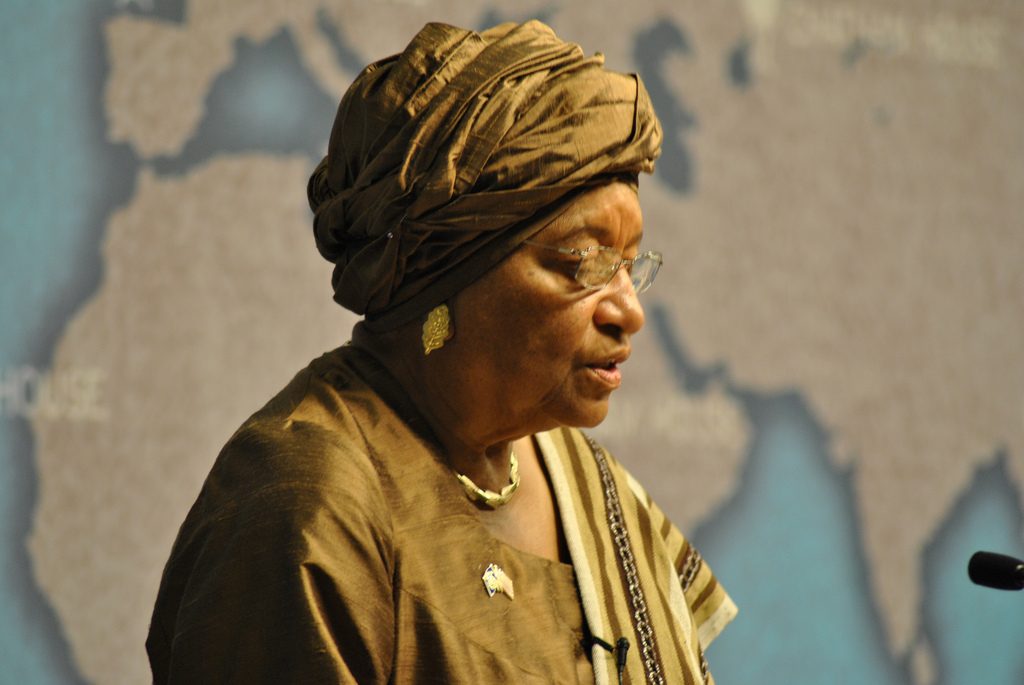
2005
Democratic government is restored with the election of Ellen Johnson Sirleaf, the first elected female African president.
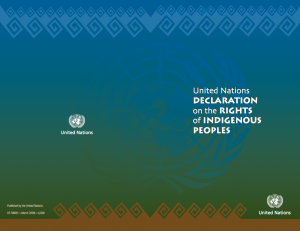
2007
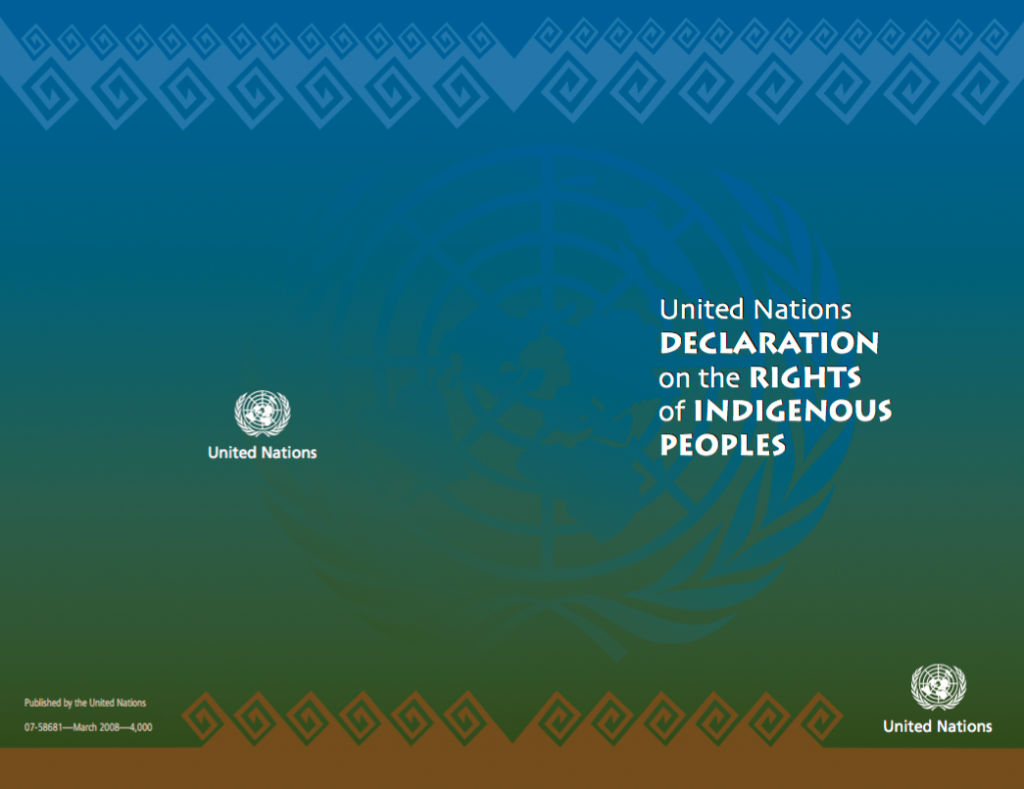
2007
United Nations General Assembly adopts the UN Declaration on the Rights of Indigenous Peoples (UNDRIP) with 144 countries, including Liberia, voting in favour.
2009
2009
President Ellen Johnson Sirleaf establishes the Land Commission, to draft new land policies to address the weaknesses in Liberia’s land tenure system that fuelled armed conflict.
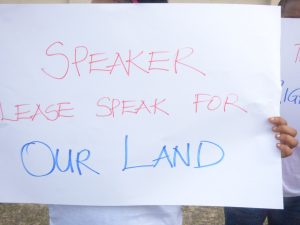
2013
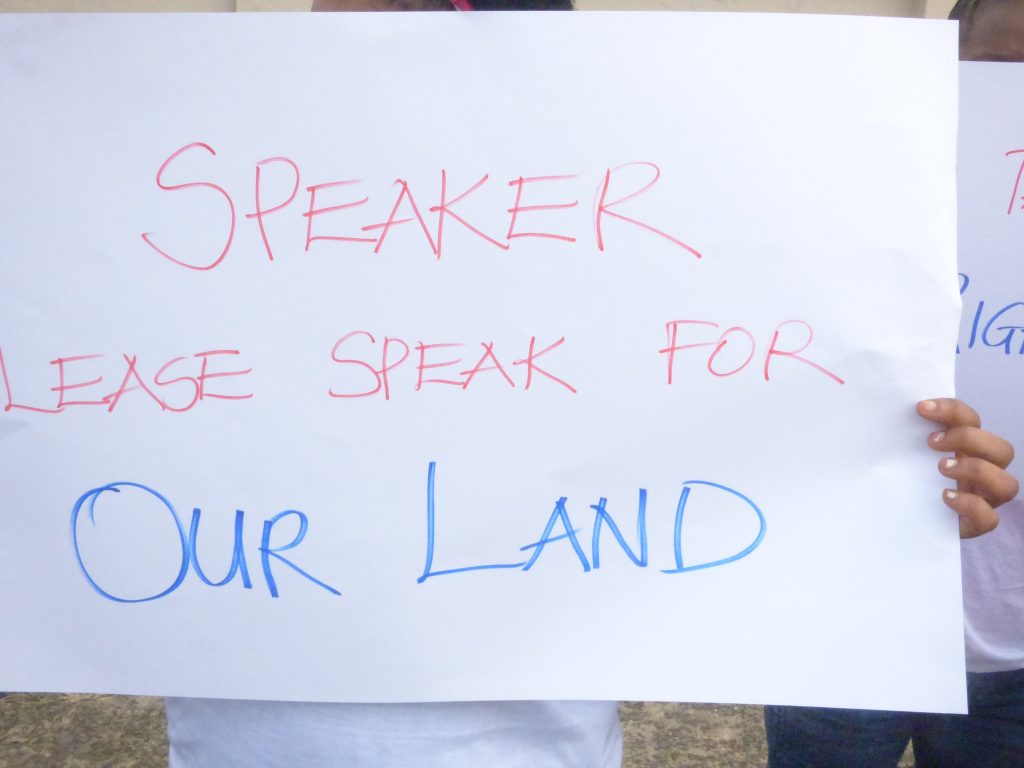
2013
Government approves Land Rights Policy that recognises the ownership rights of those who live on customary land.

2014

2014
2015
2015
Working with SDI, the Land Commission drafts a national guide to the procedures and processes for identifying customary communities and their lands.
The draft “Field Guide for Developing a Framework for Implementing Customary/Community Land Rights Recognition Nationwide” sets out the step-by-step process for communities to gain collective title to their customary land when Liberia passes the draft LRA.
2018
2018
2018
2018
After more than four years of debate, Liberia’s Senate passes the Land Rights Bill on 23 August 2018 and the Legislature on 4 September. Civil society, and national and international observers herald passage as a significant step in building the country’s emerging democracy and peace. The Act awaits approval by President George Weah.
“As someone that grew up in the shadow of a rubber plantation, I know the Land Rights Bill gives light to our people. It is an economic tool to empower our people and to help promote agriculture production while protecting communities. It is also a human rights issue. The years of concessions are over. With this Bill, Liberians are assured a seat on the table of land use activities. I can assure you the House will act to protect Liberians, communities with customary land rights.”
Representative Vincent Willie of Grand Bassa, Chair of the Committee on Lands, Mines, Energy, Natural Resources & Environmental Protection
The Law sets the stage for local communities to identify their lands, using the guidelines and protocols developed through the Tenure Facility pilot project and other initiatives. The LRA ensures that the customary land rights of rural communities are recognized and protected. It recognizes women’s land rights and requires Free Prior and Informed Consent before lands can be developed.
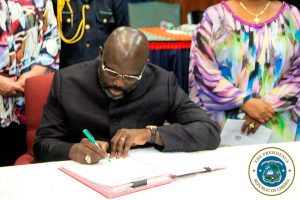
2018
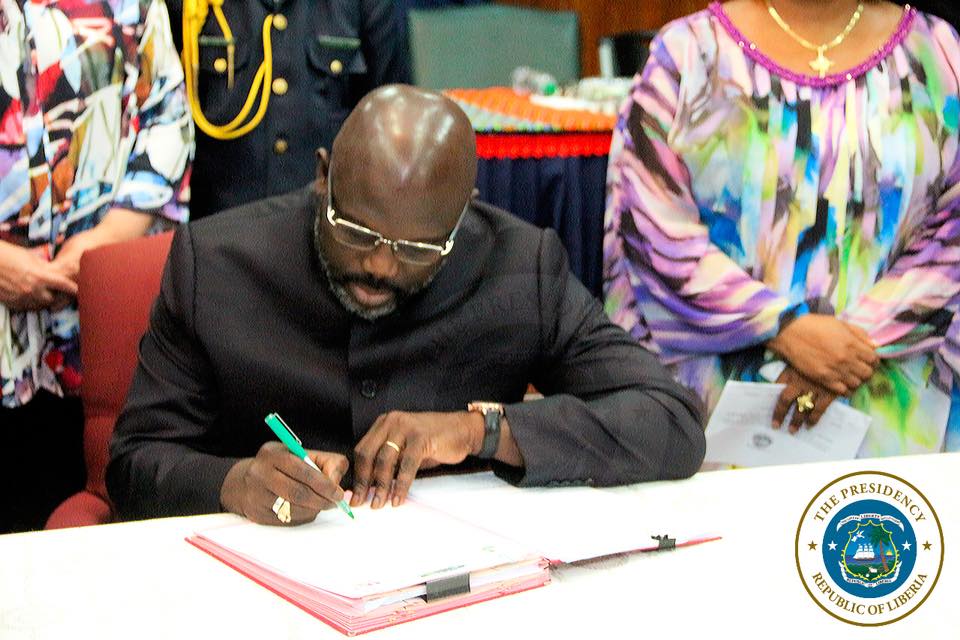
2018
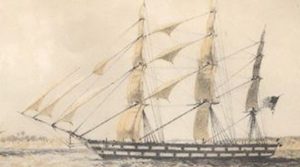
1820
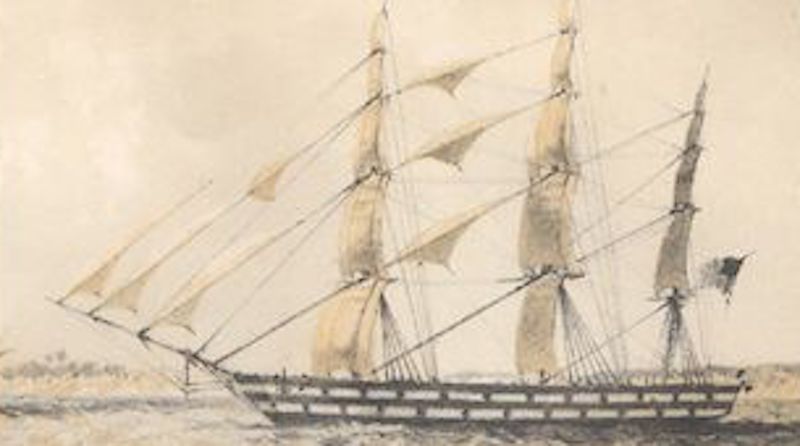
1820
The Mayflower of Liberia departs New York City carrying 86 free black people.
Former slaves or descendants of slaves establish the settlement of Monrovia, named after the United States President James Monroe. Between 15,000 and 20,000 freed black people and Africans rescued from illegal slave ships join them and establish separate colonies. Initially they recognise the customary land rights of the local communities and purchase land, introducing a formalised system of private land titles.
1918
1918
Liberia joins the Allied side in World War I.
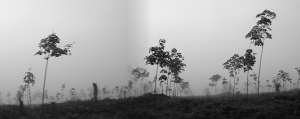
1926
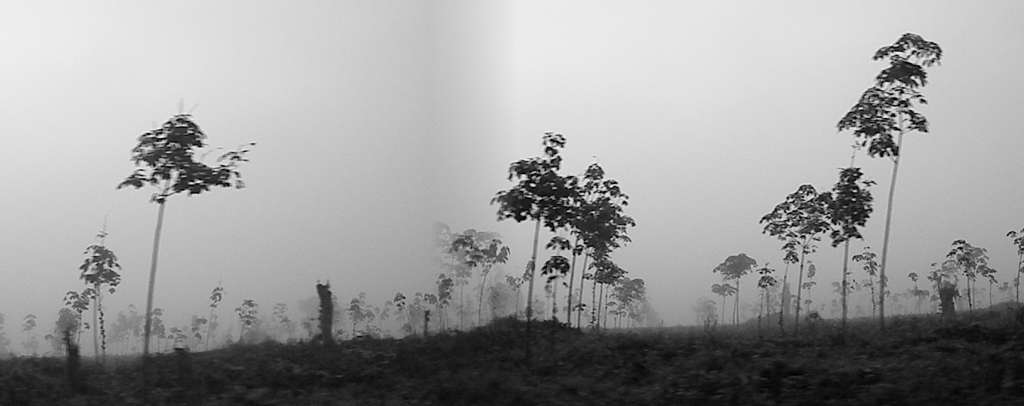
1926
1930
1930
League of Nations concludes that the Government fostered a policy of intimidating and suppressing Liberia’s Indigenous People.
1949
1949
Government passes the Hinterlands Law recognising the customary land rights of native tribes.
The Law allows chiefs to formalize customary land rights through purchase, however, few are able to take advantage of the opportunity.
1949-1959
1949-1959
Liberia signs four agro-concession agreements totalling more than 400,000 hectares, and initiates a privatisation arrangement that leads to several large-scale private land claims.
1974
1974
Government passes the Registered Land Law, formalising the land registration system and requiring landholders to register their holdings.
1979
1979
Rice Riot unleashes decades of violence and destruction in Liberia.
Massive demonstrations against the Government’s proposal to increase the price of rice turn violent. President Tolbert orders troops to fire on demonstrators, killing at least 40 and injuring more than 500. The credibility of President William Tolbert’s American-Liberian government is damaged.
1989
1989
Liberians suffer 14 years of brutal civil war.
2003
2003
Accra Peace Agreement ends civil war and calls for land tenure reform.
2004
2004
UN imposes arms, timber, and diamond sanctions on Liberia.
2006
2006
Liberia establishes the Governance Commission.
Commission aims to address the complete breakdown of democratic governance in the civil war. It is charged with making policy recommendations to ensure government functions in ways that are accountable, transparent, participatory and responsive to the interest of the Liberian people.
2008
2008
Truth and Reconciliation Commission, established under the Peace Accord, releases findings based on conflict mapping, that land and property disputes are threats to Liberia’s fragile peace.
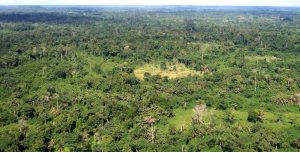
2012
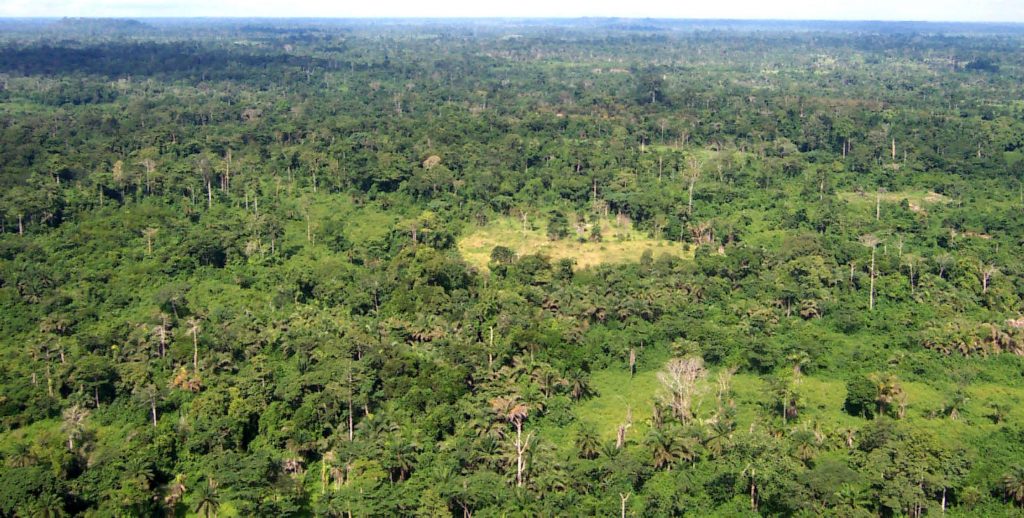
2012
By 2012, more than 2.3 million hectares of forest land, or 20% of the country’s total land mass, is promised to commercial interests through private use permits, a type of logging license designed to allow private land owners to cut trees on their property
The permits are later found to be fraudulent and cancelled, and some participating government officials are prosecuted.
2014
2014
Government tables a draft Land Rights Act (LRA), to realise the intentions of the 2013 Land Rights Policy.
2015
2015
Sustainable Development Institute, the Land Commission, and a coalition of civil society organisations begin a partnership with the Tenure Facility.
With financial and technical support from the Tenure Facility, SDI leads a multi-stakeholder initiative to develop and test national guidelines for implementing customary/community land rights. The initiative’s partners are the Land Commission, Foundation for Community Initiatives (FCI), Development Education Network (DEN-L) and Parley Liberia. Their goals are to support the land reform envisioned by Liberia’s new Land Rights Policy, build capacity for implementing the guidelines, and prepare for national adoption and upscaling.
2017
2017
Protocol for community self-identification gives communities the tools they need to take the first steps to gain collective title to their customary land when Liberia passes the draft LRA.
The coalition of society organisations and the Land Commission, with private sector engagement, develop and test the protocol in a variety of settings, involving 11 communities, 45,000 people and 150,000 hectares. They also build capacity for implementing the protocol and prepare for national adoption and upscaling.
Tenure Facility pilot project Liberia 2015 from The Tenure Facility on Vimeo.
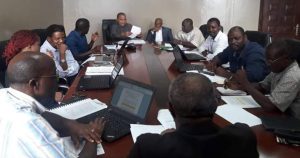
2018
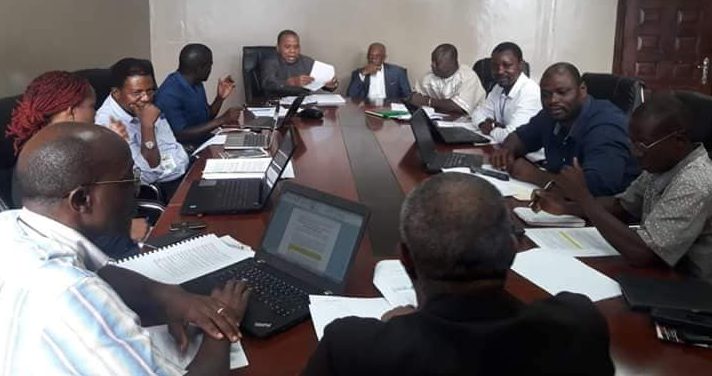
2018
The LRA has the potential to change the game for communities in Liberia by recognising communities’ rights to their customary lands, fundamentally altering the future of land rights in Liberia and setting a precedent for how other countries in the region and worldwide address land issues. President Weah has shown sensitivity to the concerns rural Liberians have for their lands and resources. In his inaugural address, he said “we owe our citizens clarity on fundamental issues such as the land beneath their feet, freedom of speech, and how national resources and responsibilities are going to shift from this capital to the counties.” National and international groups mount a campaign to promote passage of the Bill. About 80,000 Liberians and friends of Liberia abroad sign a petition calling on the Senate, Legislature and President to pass the Bill.
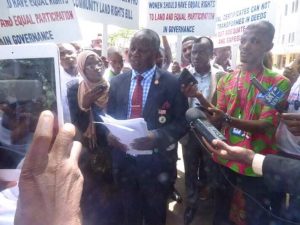
2018
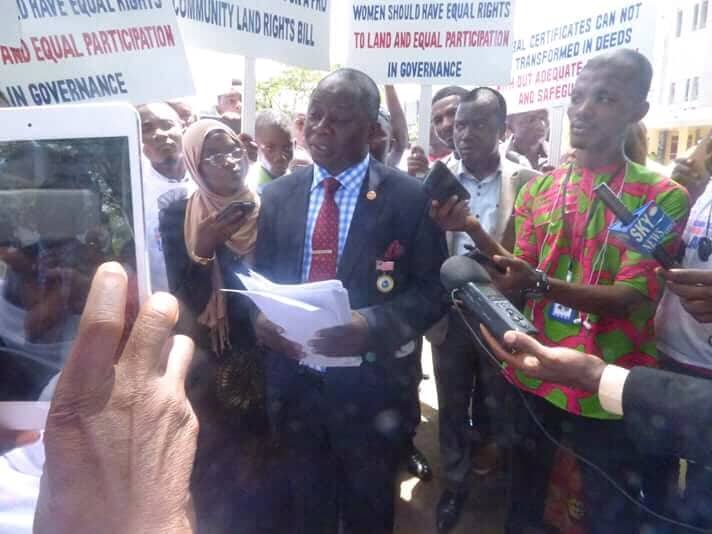
2018
“When we passed the law, I got a call from a traditional chief in Lofa. He said: ‘Senator, we got the good news. We were sitting on the land but we were never part of this country but now we feel a part of the country. In fact the owners of the country.” This statement touched me deeply and he best described my own feeling right now. Look, we know this is a sensitive Bill but we also believe the Bill is a generational piece of legislation. I am satisfied that I was part of passing a Bill recognizing customary land rights⏤a Bill that appeases our ancestors, empowers this generation, and makes sure the next generation is protected.”
Senator George T. Tengbeh of Lofa County, Chair of the Committee on Lands, Mines, Energy, Natural Resources & Environmental Protection
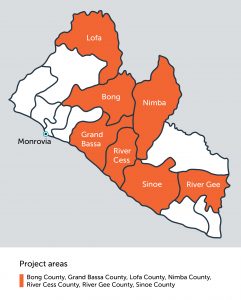
2018
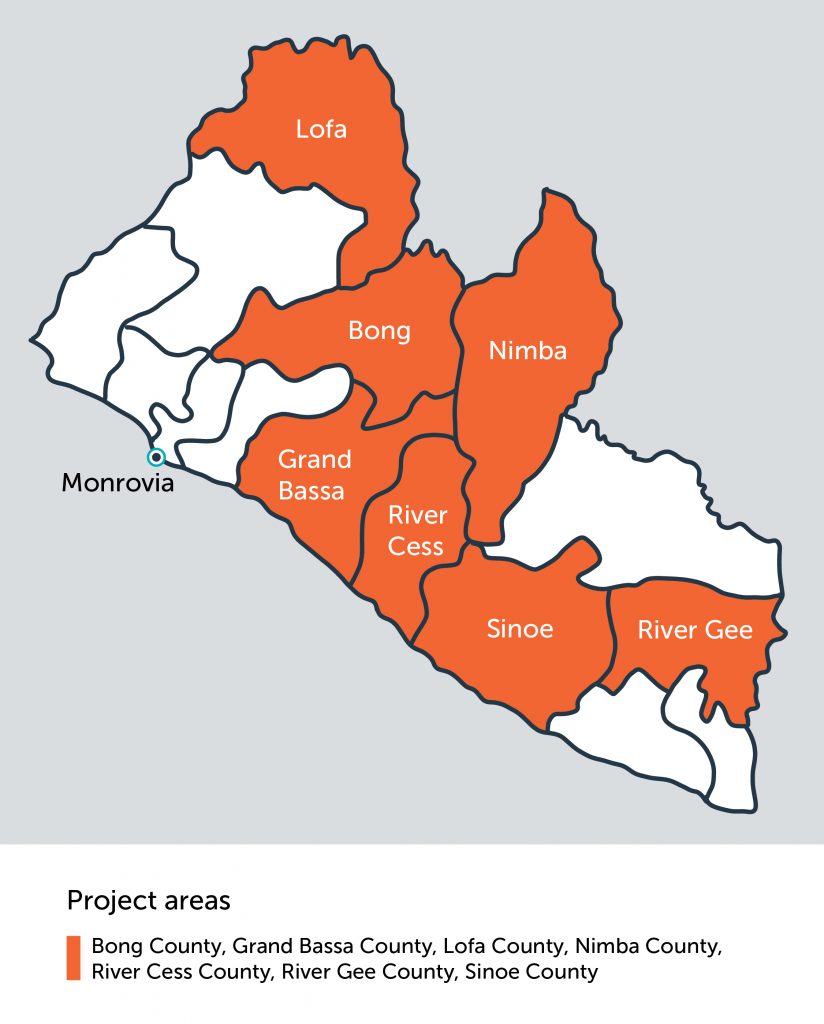
2018
With a Tenure Facility investment of almost 2 million US dollars, a coalition of civil society and government organizations is working to advance tenure security over 583,934 hectares for 24 communities, benefiting 100,000 people in seven counties. The initiative is led by the Foundation for Community Initiatives (FCI), a Liberian non-governmental organization that advocates for the rights of women, youth and other groups that are face social exclusion or marginalization in the natural resource sector. Other partners include Parley Liberia, the Sustainable Development Institute (SDI), and the Liberia Land Authority (LLA). Parley Liberia provides intermediary and advisory services to communities, companies and government regulators who are collaborating to develop land and natural resources in Liberia. SDI works to transform decision-making about natural resources in Liberia, so that benefits are shared equally. The Liberia Land Authority controls access to public land and promulgates regulations necessary for effective land governance.